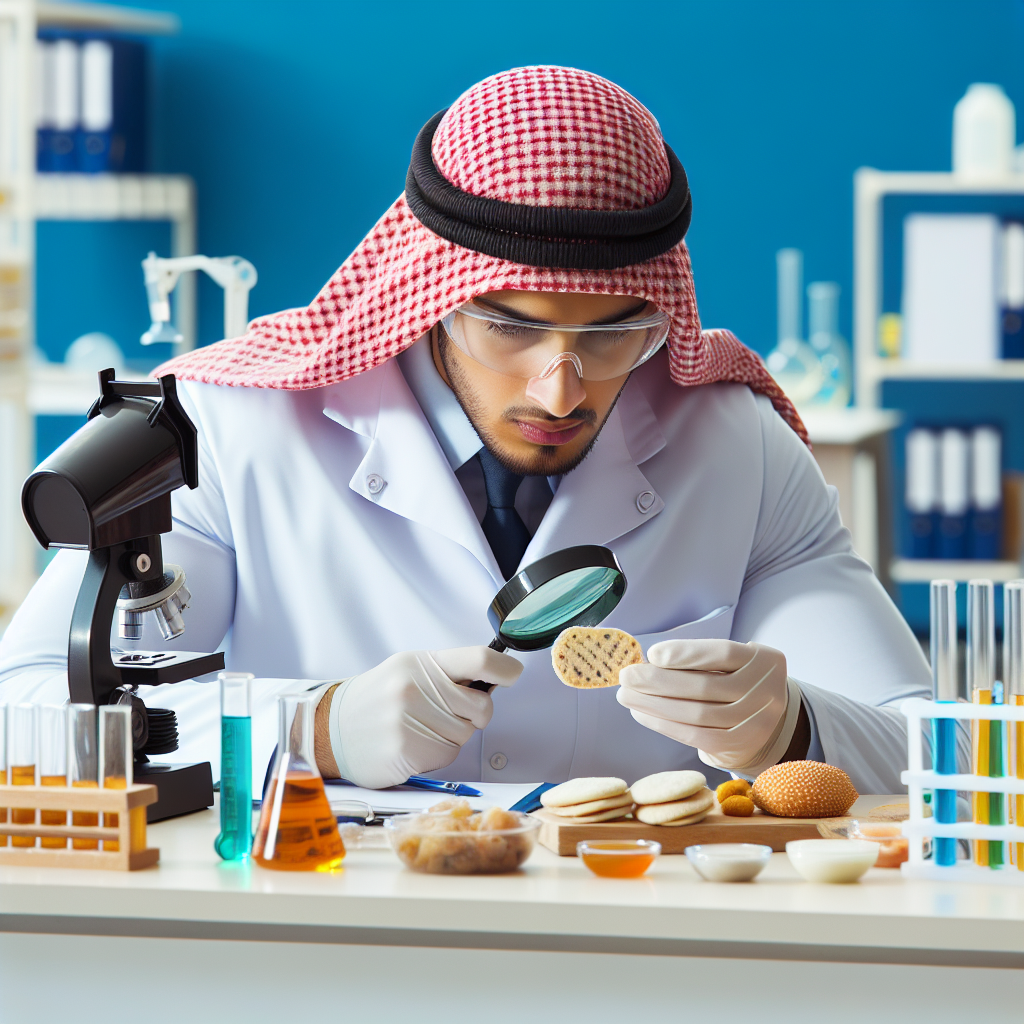IAEA and FAO Highlight Collaborative Efforts to Ensure Sustainable Food Security
This year, the IAEA and FAO are celebrating the 60th anniversary of the Joint FAO/IAEA Centre of Nuclear Techniques in Food and Agriculture.

This World Food Day emphasizes the fundamental principle that everyone, everywhere should have access to varied, nutritious, affordable, safe, and sustainable food, under the theme “Right to Food for a Better Life and a Better Future.” The occasion was marked at the FAO Science and Innovation Forum in Rome, where Rafael Mariano Grossi, Director General of the International Atomic Energy Agency (IAEA), and Qu Dongyu, Director General of the Food and Agriculture Organization (FAO), underscored the critical importance of global collaboration in addressing food security challenges.
Atoms4Food Initiative: A Collaborative Approach
Mr. Grossi highlighted the need for a unified approach to combat food insecurity, leading to the launch of the Atoms4Food initiative. “With the Atoms4Food initiative, we are able to assist Member States in their efforts in areas ranging from soil and water management to pest control,” he stated. “Our responsibility goes beyond policy—it’s about addressing the problems that science reveals. For over 60 years, the IAEA and FAO have been at the forefront of turning knowledge into action.”
This year, the IAEA and FAO are celebrating the 60th anniversary of the Joint FAO/IAEA Centre of Nuclear Techniques in Food and Agriculture. This Centre plays a crucial role in helping countries build capacity to apply nuclear and related techniques, enabling them to cultivate healthier and more nutritious crops while establishing sustainable food systems resilient to climate change.
Mr. Dongyu emphasized the long-standing collaboration between the two organizations. “Only FAO and IAEA in the UN system have enjoyed more than 60 years of physical collaboration, particularly through the Seibersdorf laboratories,” he noted.
Innovative Solutions for Food Security
The IAEA and FAO are working together to enhance agricultural productivity and biodiversity through innovative nuclear science applications. Their collaborative efforts include:
Climate-Smart Agriculture: In Kenya, nuclear science is helping farmers improve planting practices and manage water resources sustainably amid changing climate patterns, thereby enhancing food security.
Mutation Breeding: The IAEA is developing new crop varieties, such as mung beans and chickpeas, that can withstand drought, saline soils, and invasive pests using a method called mutation breeding. This technique accelerates natural plant evolution through irradiation, resulting in over 3,400 crop varieties worldwide since 1964.
Space Research: The Joint FAO/IAEA Centre sent seeds to the International Space Station in 2022 to study the effects of cosmic radiation and microgravity on plant genetics. Scientists are now analyzing these space-induced mutations to identify beneficial traits.
Food Irradiation: This gentle, non-invasive technology preserves the nutritional content, flavor, and overall quality of food products, ensuring safety and longevity.
Sterile Insect Technique (SIT): To combat pests that threaten crops, SIT has been successfully implemented in Senegal, where it effectively controlled tsetse flies in the Niayes Region.Commitment to Food Safety and Nutrition
The IAEA provides countries with essential equipment and training to utilize nuclear techniques in addressing malnutrition. The Joint Centre collaborates with over 400 research institutions and laboratories to support countries with the expertise needed for effective agricultural practices.
Moreover, the IAEA enhances food safety by applying nuclear techniques to detect potential contaminants in food supplies.
Atoms4Food Initiative: A Flagship Program
Launched last year, the Atoms4Food Initiative aims to expand the use of innovative nuclear techniques across seven key services:
Enhance agricultural productivity
Reduce food lossesEnsure food safety
Improve nutritionAdapt to the challenges posed by climate change
As we observe World Food Day, the collaborative efforts of the IAEA and FAO exemplify a robust commitment to achieving food security for all. By leveraging nuclear science and technology, these organizations are paving the way for a future where everyone has access to safe, nutritious, and sustainable food, thus contributing to a better life and a brighter future for all.
- READ MORE ON:
- World Food Day
- Atoms4Food










